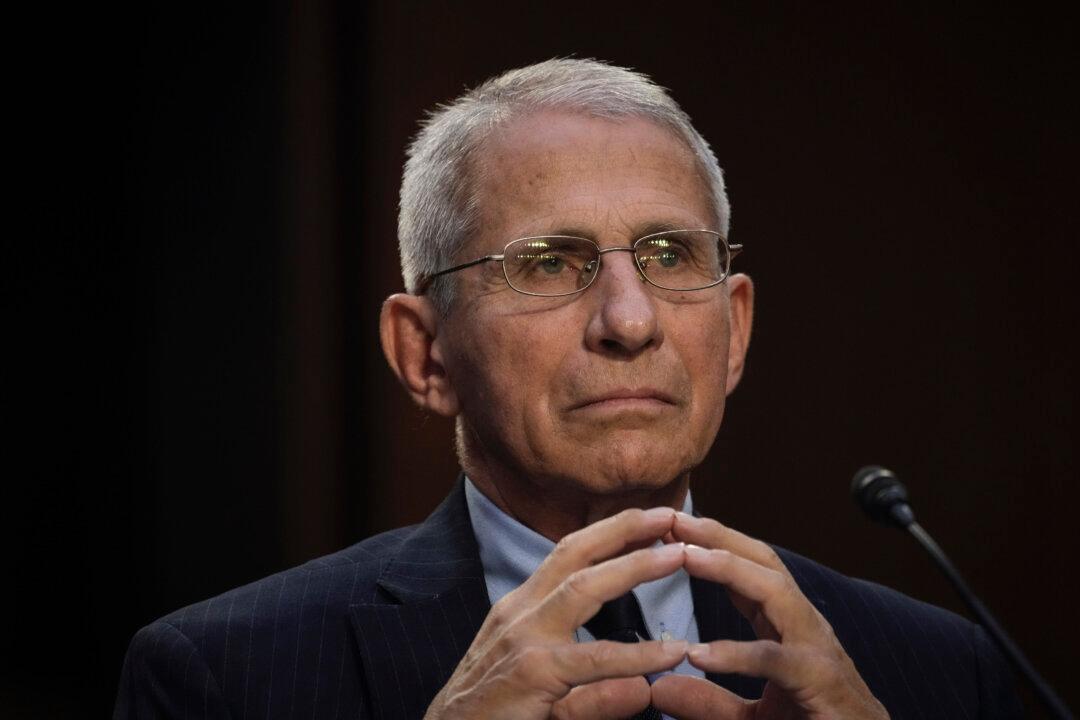Missouri attorney general and senator-elect Eric Schmitt has vowed to make the depositions of top Biden officials in a big tech censorship case public.
Schmitt’s comment was made Saturday on Fox News’ “Unfiltered with Dan Bongino.“ It came one day after U.S. magistrate judge Ivan Davis turned down a bid by former White House press secretary Jen Psaki to quash a subpoena ahead of her scheduled deposition in the case, something Bongino called “a major victory.”




